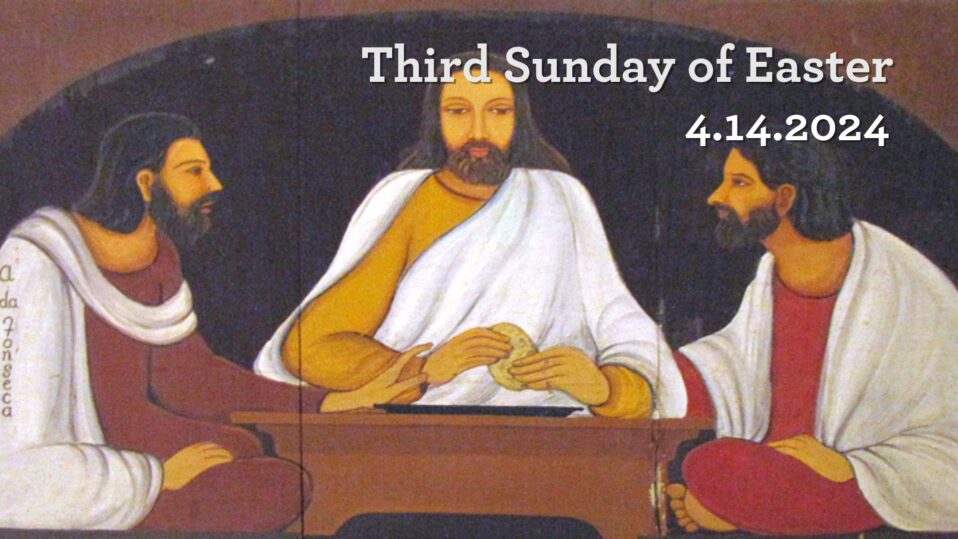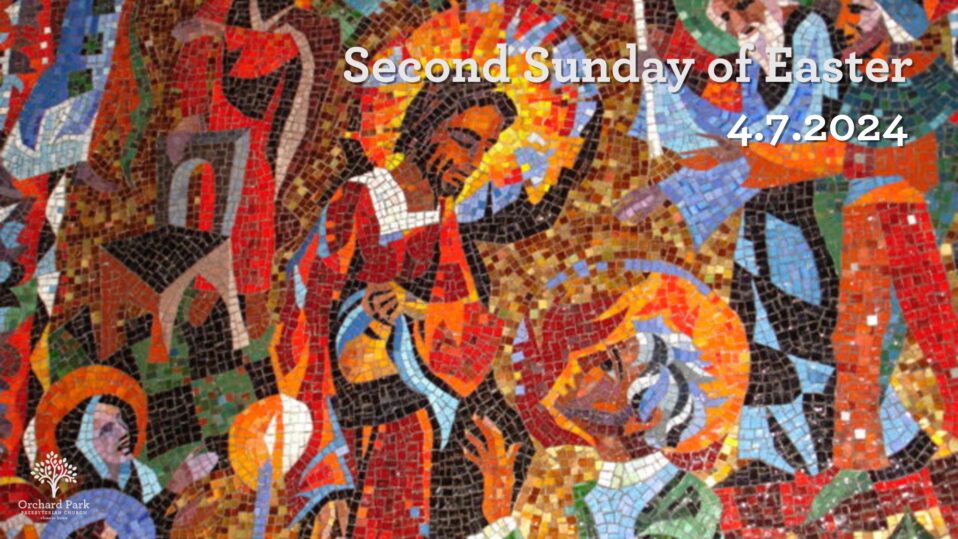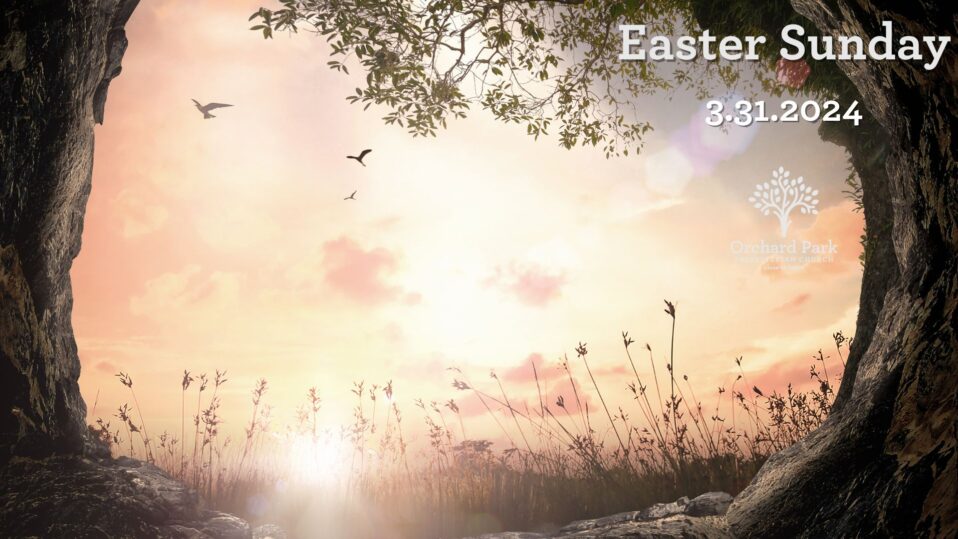Preacher John Adams tells this story,
“A desperate woman entered a building known for its kindness. She was broke. She was hungry. She was cold. She was without a place to live for her and her two-year-old daughter. And when she began to tell her tale, the veteran of the streets of her urban city had heard many tales before, but this one was particularly sordid, particularly painful. The things she had done were despicable in a way he hadn’t heard in a long time, and he was grieved for her and for her child, and that the world has such circumstances in it. Finally, after she finished what she wanted to say, there was silence for a long time. And after the silence, he said the only thing he was thinking of at the time—not something he had pored over for years and years, but what was there—he said, “Have you ever thought of going to the church for help?” Years later, he says, “I’ll never forget the expression on her face,” the utter bewilderment and astonishment that he would ask such a stupid question. “The church!” she said. “The church? Why would I go to the church? They would just make me feel worse. What good is the church?” she asked.
It’s a question a lot of us ask. Some of us ask from the outside. “What good is the church?” we ask, reading about the Crusades and the inquisitions, reading about ecological catastrophes done in the name of Jesus and dominion of his people? From the outside, we think, “What good is the church?”
Hold that thought.
We pick up where we left off in last week’s scripture. Jesus sermon on the mount continues after the preamble of beatitudes setting the stage for ways in which disciples are blessed, he turns to them and says something directly to them, he says
“You are the salt of the earth; but if salt has lost its taste, how can its saltiness be restored? It is no longer good for anything but is thrown out and trampled underfoot.
5:14 “You are the light of the world. A city built on a hill cannot be hid.
The first question I have is who is the “you” Jesus is talking to in this sermon? Did he look directly at one person? Did he put his arms out and mean it as a plural “Y’all”? Did he mean it for just those folks listening? Is he talking to you, or is he talking to person behind you. New Testament Scholar Dale Bruner confirms that the you is plural. He is you folks are the light of the world. The answer, is those who identify themselves as disciples of Jesus Christ – those whom Jesus has named blessed who follow his ways instead of the worlds ways. He says they are the salt of the earth and the light to the world. The you is the church.
Salt is sprinkled all over the Bible.
In the book of Leviticus, salt, used both to add flavor to food and to preserve it, was required to be a part of the grain offerings people brought to temple. In the book of Numbers, the promises and sacrifices that people make to God are called a “covenant of salt.” Salt, present in good food, tears, ocean water, and the earth, was part of everyday life. It was also vital to the well-being of humanity. We need salt in order to be healthy.
Salt is in us, just like light and without both we cease to thrive and live.
Salt has been used in all sorts of jargon. People say, “she’s a little salty,” meaning agitated, “because we ate the last cupcake.” Or we say, (usually talking about an older generation), they are the salt of the earth meaning the real deal, authentic, hard working, honest people.
Either way when someone’s saltiness comes out, we see their authenticity, their true selves, and they stand out from other people.
You may remember a time when Jesus said, he was the light of the world. Jesus says in John 8 “I am the light of the world. Whoever follows me will not walk in darkness, but will have the light of life.” But in Matthew, Mark and Luke where the sermon on the Mount is preached, Jesus shines his light on those listening and says, they are the light of the world. Now Jesus says that his listeners are the “light of the world.” His mission is now their mission. His words and deeds are their words and deeds.
In Psalm 119, God’s word is described as a lamp unto one’s feet and a light to one’s path. Jesus does something a little different with the light metaphor. He shifts the location from outside of the person to inside of the person. In this passage, God’s light is not external to humanity, leading the way for us to follow. Instead, God’s light, our discipleship, has become embedded in our being. In accepting our part in Jesus’ mission, we become the flame, the very light of God. The disciples can light up the very world. Even at the outset of his ministry in the book of Matthew, Jesus seems aware that, due to persecution and oppression from temporal powers, his disciples will be tempted to hide their discipleship away, as though they are hiding a lamp under a heavy bushel basket. He tells them that they can’t succumb to that fearful temptation because light is utterly necessary for new growth in the world. They are God’s light now.
Jesus goes on to say, don’t hide your light. Don’t snuff it out. Don’t kill the light within you by hiding it. We all have the light of Christ in us, it’s a light that expresses joy and desires justice. It’s that voice that says speak up. It’s the push that compels you to action. The light that is in you is not for yourself to see, but for other others to be drawn to.
Jesus stands on a hill side and says to the disciples of today and yesterday, and ordains them to the salt of the earth and the light to world. Jesus was not daunted then and he’s not daunted today. He knows the state of Christianity today. He has heard the arguments and he knows how hard it is to be authentic, to keep shining light. But he also knows there are people who keep living as the light and there always will be.
Maybe you’ve heard of William Wilberforce, who some people think single-handedly (it’s never singlehanded) abolished slavery in Britain and then the British Empire. Over and over again he published legislation; over and over again he was defeated. He lost votes. He lost friends. Eventually, he lost his health. But he didn’t eventually lose. He overthrew the practice, and slavery was abolished in the British Empire. He lived for decades as light.
Maybe you’ve heard of Dame Cicely Saunders. Dame Saunders was a nurse in a hospital when she found it despicable what people do to people who are dying. Once the doctors realized they can’t do anything to make you better, they neglect you, she thought. So she knew, being a veteran in a hospital, that people didn’t listen to nurses. So she became a doctor in middle age and founded what you and I know as hospice ministry. Have you ever been part of hospice ministry alongside someone you love? It is remarkable what hospice nurses and caregivers and volunteers do as they come alongside your family and walk with you through the valley of the shadow of death. They are light. They are light.
Maybe you remember Desmond Tute He was a remarkable example of someone who was salt and light, someone who spoke against apartheid and then spoke against the leaders who followed the leaders of apartheid, who managed and forgave as part of the Truth and Reconciliation Commissions. He lived as salt and light.
Not everyone can be Desmond Tutu. But everyone has a gift to offer, a light to shine, a voice to speak, a song to sing, a dance to dance, a hand to hold. Everyone can love a child, welcome a stranger, care for the elderly, be a good neighbor, make room at the table.
Make no mistake the church has often turned it’s lights on people, and has turn away from righteousness. But also know that Jesus never gives up on his people. He’s not cynical about the church today. He’s not anxious. He’s not exhausted. He’s not wringing his hands about what will happen. But he’s bullish. He says you are salt and light. He says that to us, just like you said to the Palestinian peasants on that hillside: you are salt and light. He says it because he himself has made it so. In the name of the father and the son and the Holy Spirit,
Amen, Rev. Dr. Shelly Wood



